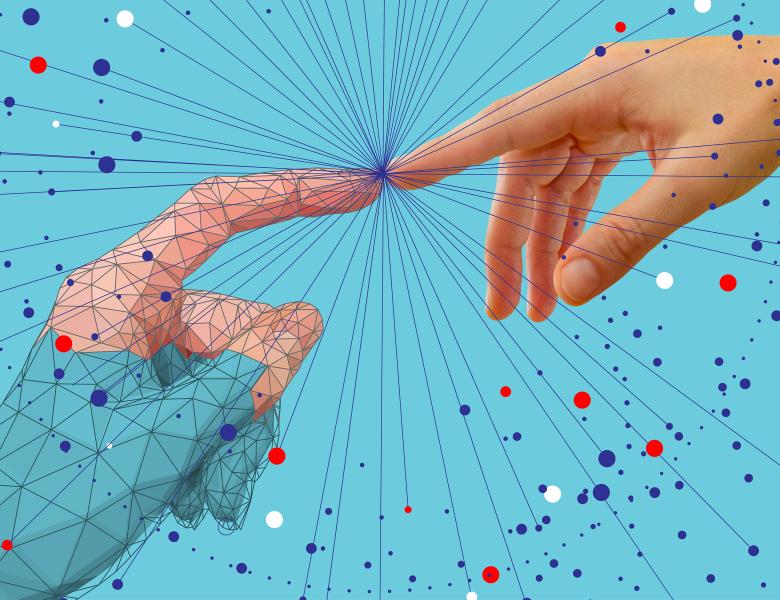
Abstract
As robots are increasingly deployed in real-world scenarios, a key question is how to best transfer knowledge learned in one environment to another, where shifting constraints and human preferences render adaptation challenging. A central challenge remains that often, it is difficult (perhaps even impossible) to capture the full complexity of the deployment environment, and therefore the desired tasks, at training time. Consequently, the representation, or abstraction, of the tasks the human hopes for the robot to perform in one environment may be misaligned with the representation of the tasks that the robot has learned in another. In this talk, I postulate that because humans will be the ultimate evaluator of system success in the world, they are best suited to communicating the aspects of the tasks that matter to the robot. To this end, I will discuss our insight that effective learning from human input requires first explicitly learning good intermediate representations and then using those representations for solving downstream tasks.


